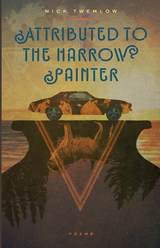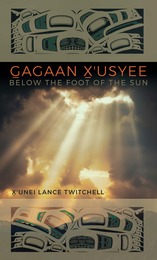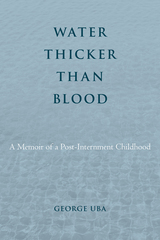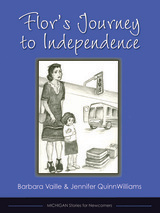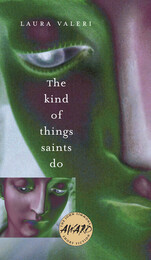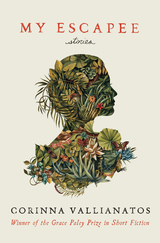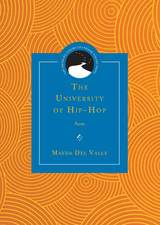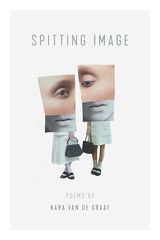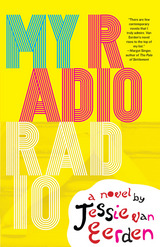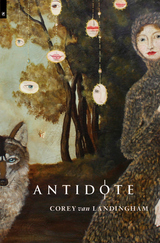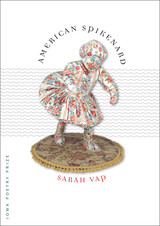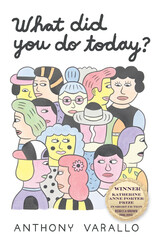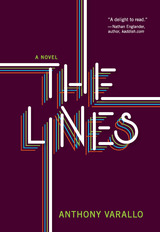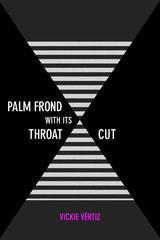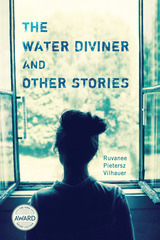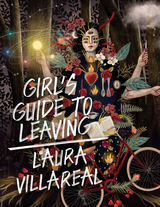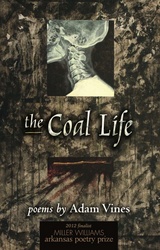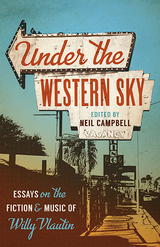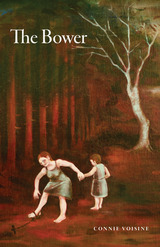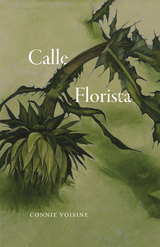"Han VanderHart’s Larks is generous in its revelation of the lush, tremulous landscape of its making, where 'the rain follows like a pet,' the sumac flames, flowers of mildew bloom on the shower ceiling, and the speaker’s hands are filled 'with purple archangel and henbit.' These poems are acutely aware of flowers and their naming; in fact, they catalog the world—barn kittens, birds, hauntings, pines, aspects of the color blue—but most importantly, the silences that toll within the family’s split-level 'house of no center,' 'that house of first rooms.' VanderHart brilliantly fuses the realms of witness, incest, memory—'thin as eggshell'—trauma-induced obliviating, truth-telling, time-keeping, and the making of poems themselves—the silences that live where lines break, 'the subjects / we leave to the end— / under a night sky, they skim like pelicans.' Larks broadens into the territory of myth, at times reviving, but also banishing the lethal habitual, replacing it with the poet’s own vital, courageous inventions. 'For each thing given to you, / make one thing up,' they write. In Larks, Han VanderHart has demonstrated that survival is a profound act of the imagination." — Diane Seuss, Pulitzer Prize and National Book Critics Circle Award winner for frank: sonnets
"I warn you—Han VanderHart’s Larks is a book of frightening beauty. Clusters of gorgeous images may ripen like dewberries there, Trumpet Vine and Yellow Jessamine may climb among its deft, balanced lines, but violence seethes among the wildflowers and loblolly pines. The ghosts of occult, unremembered memories haunt the pastures and barn, the house and the upstairs bedrooms. The poems may be set in the rural south, an insular world of family, farm, church, and home-school, a home where, the poet writes, 'If you slammed a door/ too hard/…a rifle would fall/from the top/of the wooden buffet,' but this book is no pastoral idyll. Honest to the bone, Larks is no frolic. I loved it." — Jennifer Atkinson, professor emerita, George Mason University

